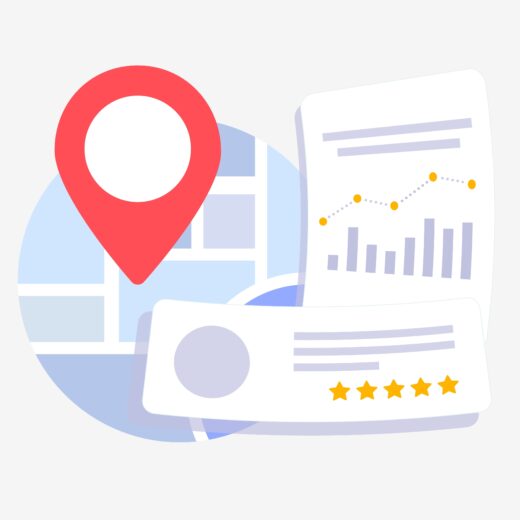Why Should I Use Google Analytics?

In today’s digital age, businesses and website owners have an unprecedented amount of data at their fingertips.
This data is a goldmine of insights that can be used to enhance user experiences, optimise marketing strategies, and ultimately, drive growth.
Among the many tools available, Google Analytics stands out as a powerhouse in the world of web analytics.
In this blog post, we’ll explore the numerous reasons why you should consider using Google Analytics for your website.
Comprehensive Data Tracking
Google Analytics provides an extensive array of metrics and dimensions to track and analyse.
From basic information like page views, to advanced data like user demographics, behaviour flow, and conversion tracking, it offers a comprehensive view of how visitors interact with your site.
Understanding Your Audience
One of the key benefits of using Google Analytics is gaining deep insights into your audience.
You can learn about their geographical location, language preferences, devices they use, and even their interests.
This information is invaluable for tailoring content, products, and marketing efforts to meet their specific needs and preferences.
Measuring Website Performance
Analysing website performance is crucial for ensuring a seamless user experience.
Google Analytics provides data on page load times, server response times, and other performance indicators.
This information helps you identify areas for improvement and enhance the overall user experience.
Tracking Conversions and Goals
Whether you’re running an e-commerce store or a content driven website, setting up goals and tracking conversions is essential.
Google Analytics allows you to define specific objectives, such as form submissions, product purchases, or newsletter sign-ups.
By measuring these actions, you can evaluate the effectiveness of your website and marketing campaigns.
Monitoring Traffic Sources
Understanding where your website traffic comes from is vital for optimising your marketing efforts.
Google Analytics breaks down traffic sources into categories like organic search, paid search, social media, direct traffic, and referrals.
This information helps you allocate resources to the most effective channels and refine your marketing strategies.
Content Performance Analysis
With Google Analytics, you can delve into how individual pages on your site are performing.
You can see which pages are the most popular, which ones have high bounce rates, and which ones lead to conversions.
This data enables you to make informed decisions about content creation and optimisation.
Mobile Friendly Insights
As mobile usage continues to rise, it’s crucial to have a mobile friendly website.
Google Analytics provides detailed information about the devices and operating systems your visitors are using.
This data helps you ensure that your website is optimised for various screen sizes and platforms.
Real-Time Reporting
Google Analytics offers real-time reporting, allowing you to monitor activity on your website as it happens.
This feature is invaluable for tracking the immediate impact of marketing campaigns, monitoring live events, and understanding how visitors engage with your site in real time.
In a rapidly evolving digital landscape, data-driven decision making is no longer optional—it’s a necessity.
Google Analytics empowers website owners and businesses with the tools they need to gain valuable insights, optimise their online presence, and drive success.
By leveraging the wealth of information provided by this powerful platform, you can make informed choices that lead to improved user experiences, increased conversions, and ultimately, business growth.
Embrace the power of Google Analytics and unlock the full potential of your website today.







